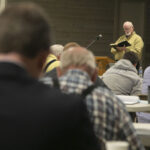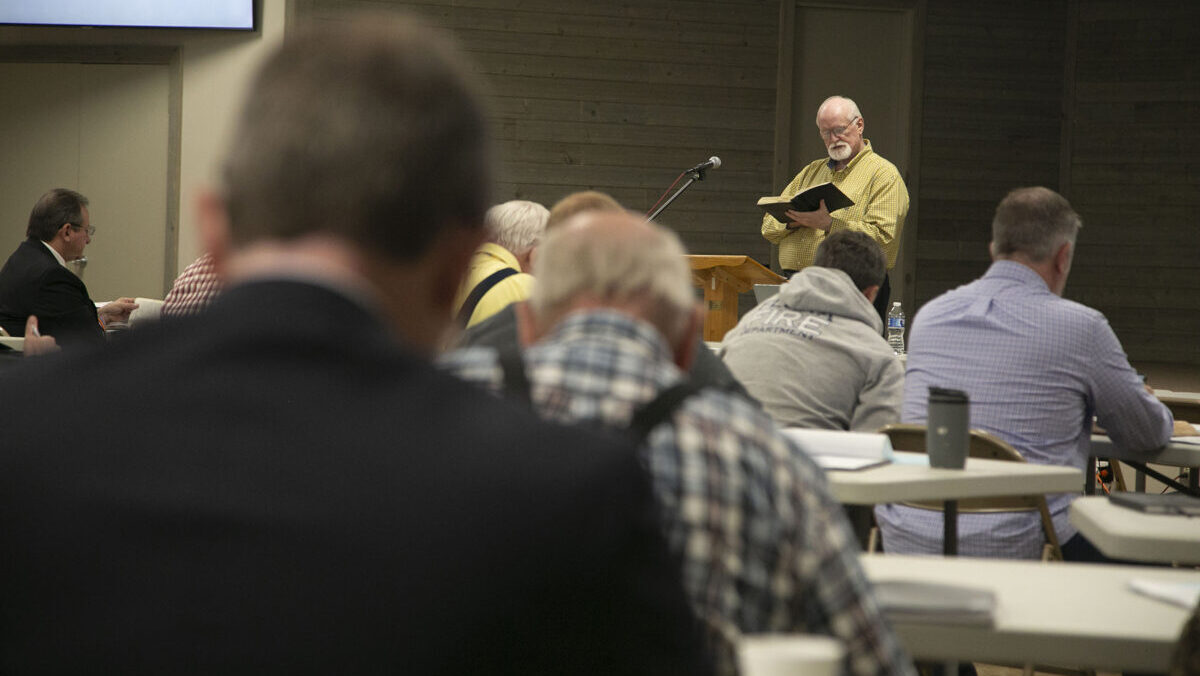Good
Lamentations 3:19–33
Lament has been a part of worship since the early centuries of the church. However, only rarely do Christians today practice lament as worship. During difficult days, the spirit of lament may be the key to the renewal of faith.
From Despair to Hope (19–24)
For the people of God, all hope dissipated with the Babylonian destruction of the Jewish capital of Jerusalem and the temple of God.
Jeremiah expressed the emotional pain he experienced due to the recent events: “Then I thought, My future is lost, as well as my hope from the Lord” (Lam. 3:18).
The solution to personal and national despair is to remember. The act of remembering can result in hope. Jeremiah remembered his affliction, homelessness, wormwood and bitterness. As a result, he became depressed.
Yet his decision to force himself to remember and call the horrible events to his mind was one key to healing and hope. Hope shined into the darkness of his soul as he reflected upon God’s faithful love.
The recent events in Jerusalem and the life of the prophet did not mean the cessation of God’s mercies. Like the dawn of a new day, God’s mercies are new every morning because of the faithfulness of God. Lamentations 3:22–23 is the scriptural basis for the hymn “Great is Thy Faithfulness.”
From Waiting to Seeing (25–30)
Difficult days did not lessen the faith of the author. The author of Lamentations experienced dark difficult days — perhaps more difficult than 21st century American believers. Read his testimony in Lamentation 3:1–21.
The author describes in poetry the rod of God’s wrath: walking in darkness rather than light, the hand of God being against him, destruction of his flesh, broken bones, bitterness and hardship, darkness and indifference to his prayers.
Like a bear or lion, God seemed to tear the author to pieces. He was brought so low that he cowered in the dust. He felt as if he had no future of hope. The cure to his despair came as he reflected on God’s faithful love.
God is good to those who wait for him. The Hebrew term translated “wait” means to trust and have confidence in a person. Earnest seeking of God is the best path during difficult days.
From Rejection to Compassion (31–33)
The author found hope during difficult times through the biblical truth of the faithfulness of God.
Jeremiah had proclaimed a message of judgment, indeed even rejection. The good news is that God’s rejection is not forever.
God’s punishment may involve suffering, but even in suffering God shows compassion in a manner that correlates to his faithful love.
Compassion is one of the key attributes of God. God may bring affliction or suffering, but He does not do so joyfully.
Biblical authors often use a literary technique scholars call “sandwich” (also called intercalation).
In this passage emphasizing the compassion of God, the bread slices are the statements “He will not reject us forever” (v. 31) and “He does not enjoy bringing affliction or suffering on mankind” (v. 33)
The meat (the good news or the best part) is the declaration in verse 32 that God “will show compassion according to His abundant, faithful love.”
By Mark Rathel
Professor at the Baptist College of Florida in Graceville, Florida








